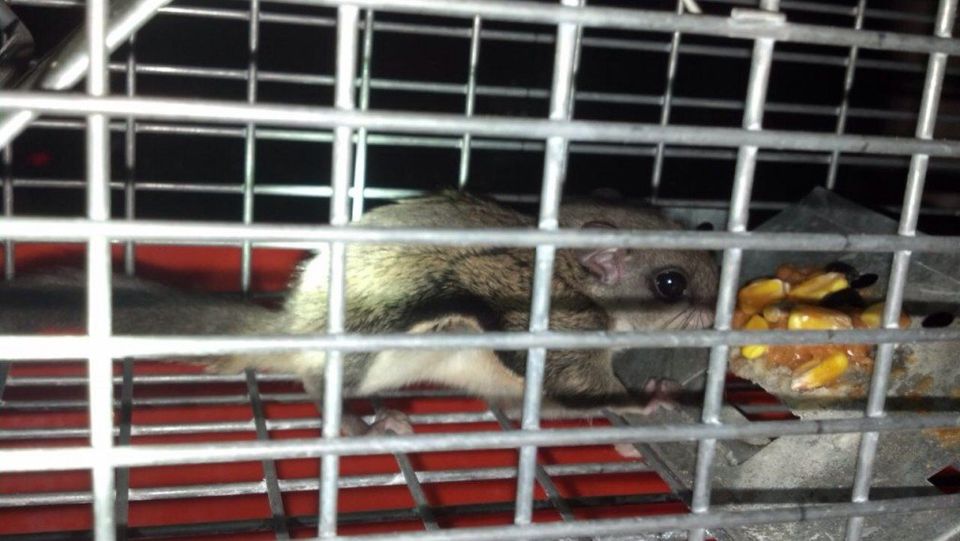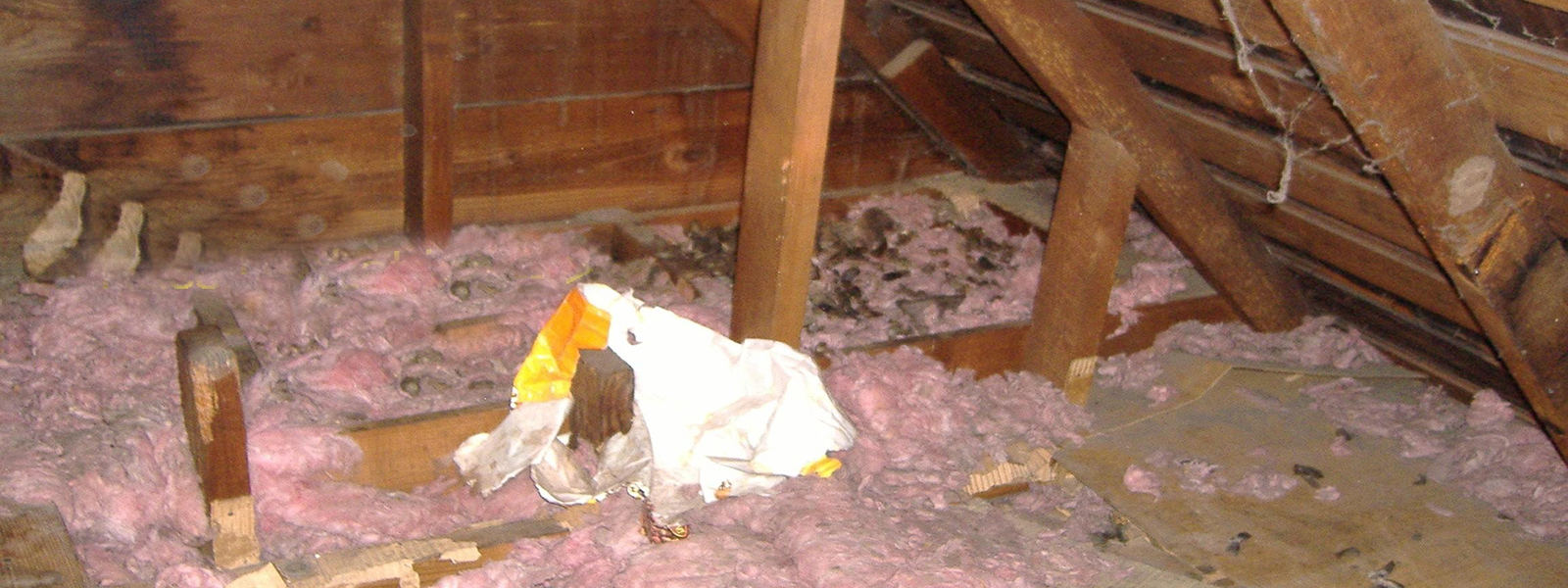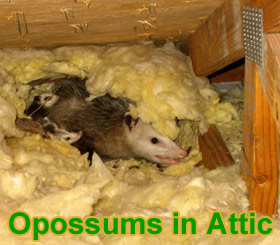The Main Principles Of Attic Remediation: The Next Step After Animal Removal - A-1

Fascination About How to Figure out What Kind of Animal Is Living in Your Attic
Details About How To Tell What Kind of Animal is in My Attic 2nd hint is the. Analyze the beyond your home, especially around the eves, vents and roofing system, and you'll find the entry holes. If it's a big hole with damage, like a torn open roof or a broken eave, that's a raccoon! If it's a hole maybe 2 inches in size with chewing around the boundary, that's squirrel.

Hearing noises? What animal is in your attic? - Varment Guard Wildlife Services
Learn more about examining the home for animal holes to identify the sort of wildlife getting in the structure. There might be other clues on your house or at the entry hole, such as footprints, hair, and so on. Third, the assessment in the attic is the real clincher. There you will find different proof, most importantly, you can.


How to Keep Animals out of Your Attic: 9 Steps (with Pictures)
This site has lots of pictures of all the different animal feces. Take a look at images of Raccoon Feces, or Squirrel Feces, or Rat Feces, or Mouse Feces, or Bat Waste. You can also take a look at the left in the dust in the attic. Examine practically any surface area not covered by insulation, and there must be a layer of dust with animal tracks.
Gainesville Squirrels in Attic - Critter Control - An Overview
Raccoons are notorious for this. Rats and mice leave brown grease marks in areas of heavy travel too. The infographic to the left reveals what different animal tracks appear like. Though truth be informed, it's most likely rare that an amateur will find and recognize tracks properly. Finally, you can look at the such as chewing.

Western Mass Wildlife Removal
But a duct completely destroyed is the work of a raccoon. Big quantities of plant particles in one spot is generally from squirrels. Click here for images of animal damage in the attic to assist you determine what critters you have up there. If you have experience like me, you will really understand right away by the smell in the attic! Each animal has a trademark scent.
Hardly ever will you actually see the animals in the attic. It occurs for me less than 5% of the time. The majority of the time the animals will crawl down a dark wall or under insulation, or in the shadows, and remain super still. But when More Details check out the signs, it's easy to recognize what animals you have.
